І. Поезия и проза
ІІ. Историографията
1. Жанрове, предшестващи историографията
а. Генеалогия
б. Описание на земята (Periodos ges)
в. Героически епос
2. Принцип на историографията
ІІІ. Херодот
1. Задачата на Херодот
В І,1 Херодот обявява намерението си да разкаже за "войната между гърци и варвари" и за "великите дела", извършени от хората по земята. Още оттук става ясно, че "Историята" ще бъде оформена епически - ще има фабула, предаваща протичането на голяма война (засягаща колкото е възможно повече хора) и около нея ще се струпват разкази за всичко забележително из познатия на автора свят.
2. Съдържание на "История"
Разказът започва в малоазийското царство Лидия, където царувал Крез - потомък на човек, възкачил се на престола по престъпен начин. Крез, който бил твърде богат и поради това самонадеян, влязъл безразсъдно във война с персиеца Кир, бил победен и загубил царството си. Гръцките градове в Мала Азия, дотогава зависими от Лидия, се оказали под властта на персите.
Няколко десетилетия по-късно един влиятелен милетски гражданин влязъл в конфликт с тогавашния сатрап на Мала Азия. Конфликтът прераснал в бунт на повечето малоазийски гърци срещу персийското господство. Гърците, подкрепени от малък атински отряд, нахлули в седалището на персийската администрация Сарди и опожарили града. В последвалата морска битка персийският флот победил обединените гръцки сили и на разбунтувалите се градове били наложени тежки санкции.
Скоро след това цар Дарий разпоредил провеждането на наказателен поход срещу атиняните, който се провалил поради бурята при Артемисион, където потънали много персийски кораби и, още повече поради загубата на сухопътното сражение при Маратон. Десет години по-късно експедицията на Ксеркс завършила по подобен начин - загуба на морското сражение при Саламин и на сухопътното при Платея.
Наред с това Херодот разказва за народите и държавите в познатия му свят, който той дели на три части - Европа, Азия и Либия (това е северна Африка заедно с Египет). Като историк той се интересува главно от събитията в обществото. На първо място става дума за войни и династични сблъсъци; а след това се отделя внимание на бита и обичаите. Природата е интересна, доколкото чрез описанието й се обясняват разликите в живота на народите.
3. Трагическите разкази на Херодот
4. Политическите убеждения на Херодот
ІV. Други историци от класическата епоха
1. Тукидид
2. Ксенофонт
V. Историографията в следкласическата епоха
1. Историографски жанрове
2. Локални истории и всеобща история
VI. Съвременни учени за класическата историография
1. Херодот
Herodotus' work is the earliest Greek book in prose to have survived intact; it is some 600 pages or nine 'books' long…
The ultimate justification of the work is the account of the conflict between Greece and Persia, culminating in the Great Expedition of Xerxes to Greece in 480 BC described in the last three books: it is the story of how an army of (allegedly) one and three-quarter million men and a navy of 1 200 ships was defeated by the fragmented force of the Greeks, who in no battle could muster more than 40 000 men and 378 ships; a fleet from Herodotus' city had fought on the Persian side, and one of his earliest memories was perhaps of the setting out and return of that fateful expedition; he grew up in a Ionia suffering the joys and pains of its liberation and then subjection by the victorious Athenian navy. For the generation of Herodotus the epic achievements of their fathers had created the world in which they lived, as the return of the exiles from Babylon had created the world of Ezra.
The central theme of this conflict requires Herodotus to go back to its origins: 'who was the first in actual facts to harm the Greeks'. So the work begins with the earlier struggles between the Ionian Greeks and the kingdom of Lydia, before passing on to the origin of Persian power and the story of Cyrus the Great, and then the further conquests of the Persians, in Egypt and North Africa, and around the Black Sea, until we see that the conflict was inevitable.
Like Hecataeus, Herodotus was a traveler… The result is rather a total picture of the known world, in which the geography, customs, beliefs and monuments of each people are at least as important as their often tenuous relationships to the war. It is which gives added depth to Herodotus' account, and makes it both a great work of art and a convincing history of a conflict not just between two peoples but between two types of society, The Mediterranean egalitarian city-state and the oriental despotisms of the Middle East. It also makes Herodotus more modern than any other ancient historian in his approach to the ideal of total history.
Herodotus' openness to other cultures indeed caused him to be called a 'barbarophile'. It reflects in part an older Ionian view from an age of exploration, reinforced perhaps by the traditions of Herodotus' own community of Halicarnassus, which was a mixed Greek and Carian city. But these attitudes have been systematized under the influence of the new sophistic interest in the relationship between culture and nature, nomos and physis…
The two aspects of the work in one sense reflect the two main literary influences on it, Homer and the world of war and conflict, Hecataeus and the world of peace and understanding. He seems to have begun as an expert on foreign cultures, a traveling sophist who lectured on the marvels of the world; only later did he arrange his researches around a unifying theme… His travels included Egypt and Cyrene in North Africa, Tyre in Phoenicia, Mesopotamia as far as Babylon, the Black Sea and the Crimea, and the north Aegean, apart from the main cities of Asia Minor and Greece, and ultimately (though this has left little if any trace in the Histories) south Italy where he settled…
At Delphi a different type of tradition was available, a series of stories told by the priests and related to the monuments and offerings at the shrine. These stories contain many folk-tale motifs and have a strong moral tone: the hero moves from prosperity to misfortune as a victim of divine envy - the ethical teaching is not aristocratic but belongs to the shrine of a god whose temple carried the mottoes, 'Know yourself' and 'Nothing too much'. The same types of story pattern are dominant in Ionia: Herodotus history of his home area is far less 'historical' and far less political than his account of mainland Greece.
Just as behind Homer there lies a long tradition of oral poetry sung by professional bards, so behind Herodotus there lies an Ionian tradition of storytelling of which he himself was the last and greatest master.
Oswin Murray
5. Историографията в следкласическата епоха
б. Локални истории и всеобща история
Polybius' History book VI contains the most complete text of Hellenistic Greek political theory that has survived from Antiquity and the only extended example of applied political theory. Polybius, an Achaean statesman turned historian, developed a political theory not to justify a political position, advocate an ideal constitution, or speculate on the nature of law, justice, political authority, or the relation of man to the state, but for the practical purpose of explaining an predicting historical events.
Polybius explicitly tells us that the sixth book of his History was intended to serve two functions: (1) to explain Rome's rise to power, specifically, 'how and by what type of constitution nearly the whole of the inhabited world, in less than 53 years, was overpowered and brought under one rule, that of the Romans'; and (2) to enable astute readers to make intelligent, informed political decisions in a world dominated by Rome, and in the particular case of political leaders, to govern in such a way as to upgrade and perfect the constitutions of their several states...
Polybius makes no pretence that his theory is completely original. He openly acknowledges that Plato and other philosophers 'discussed the subject at length and in precise detail'... His theory appears to have been drawn from three established Greek traditions: (1) the classification and comparison of the value of various constitutions, traceable back at least ti Herodotus and continuing in Plato, Aristotle, and later Peripatetics; (2) the theory of constitutional change, discussed by Plato, Aristotle and later Peripatetics; and (3) the origin of human society, speculatively reconstructed by many philosophers, including Protagoras, Democritus, Plato, Aristotle, Epicurus as well as later Peripatetics and Epicureans.
David Hahm
Библиография:
Михаил Гаспаров. Поезия и проза - поетика и реторика. Превод Евгения Трендафилова.
http://liternet.bg/publish12/m_gasparov/poezia.htm
Oswin Murray. Greek Historians. In: J. Boardman, J. Griffin, O. Murray ed. The Oxford History of Greece and the Hellenistic World. Oxford UP, 1986-1991.
David Hahm. Polybius' applied political theory. In: Andre Laks and Malcolm Schofield ed. Justice and Generosity. Studies in Hellenistic Social and Political Philosophy. Proceedings of the Sixth Symposium Hellenisticum. Cambridge UP, 1995.
About the Latin Academy in the Vatican
13 years ago
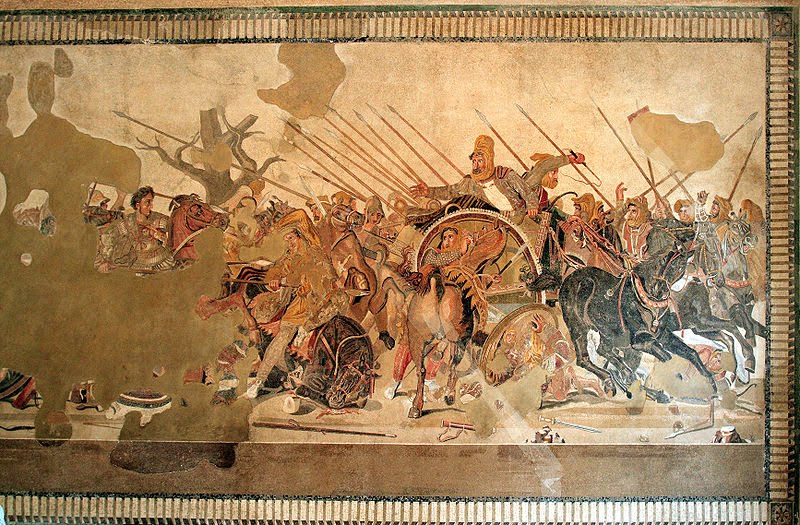
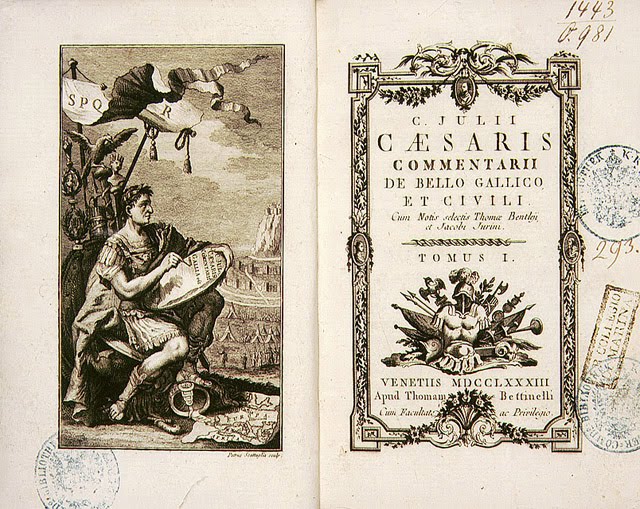
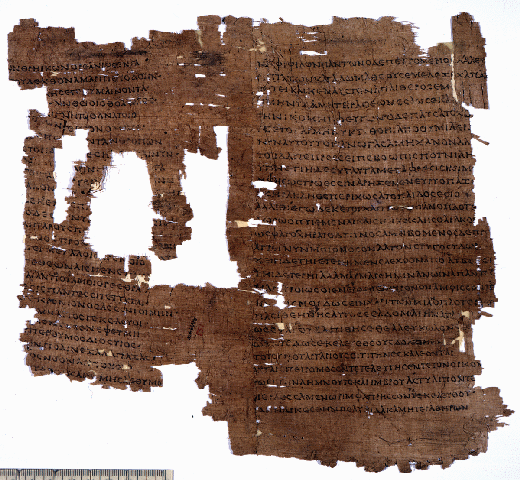
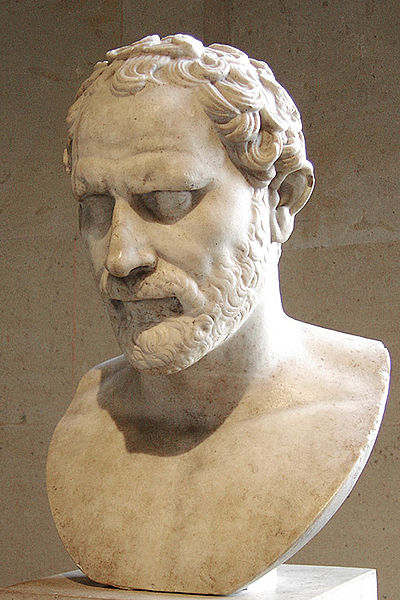


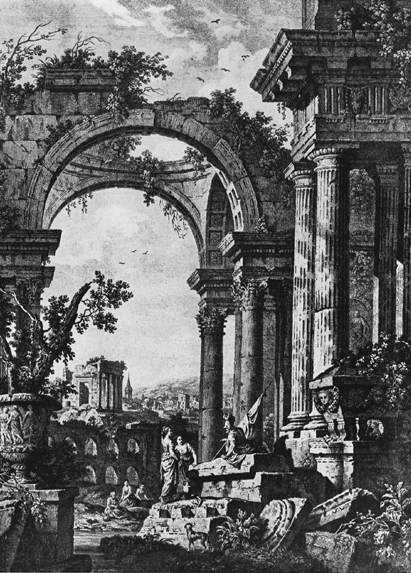


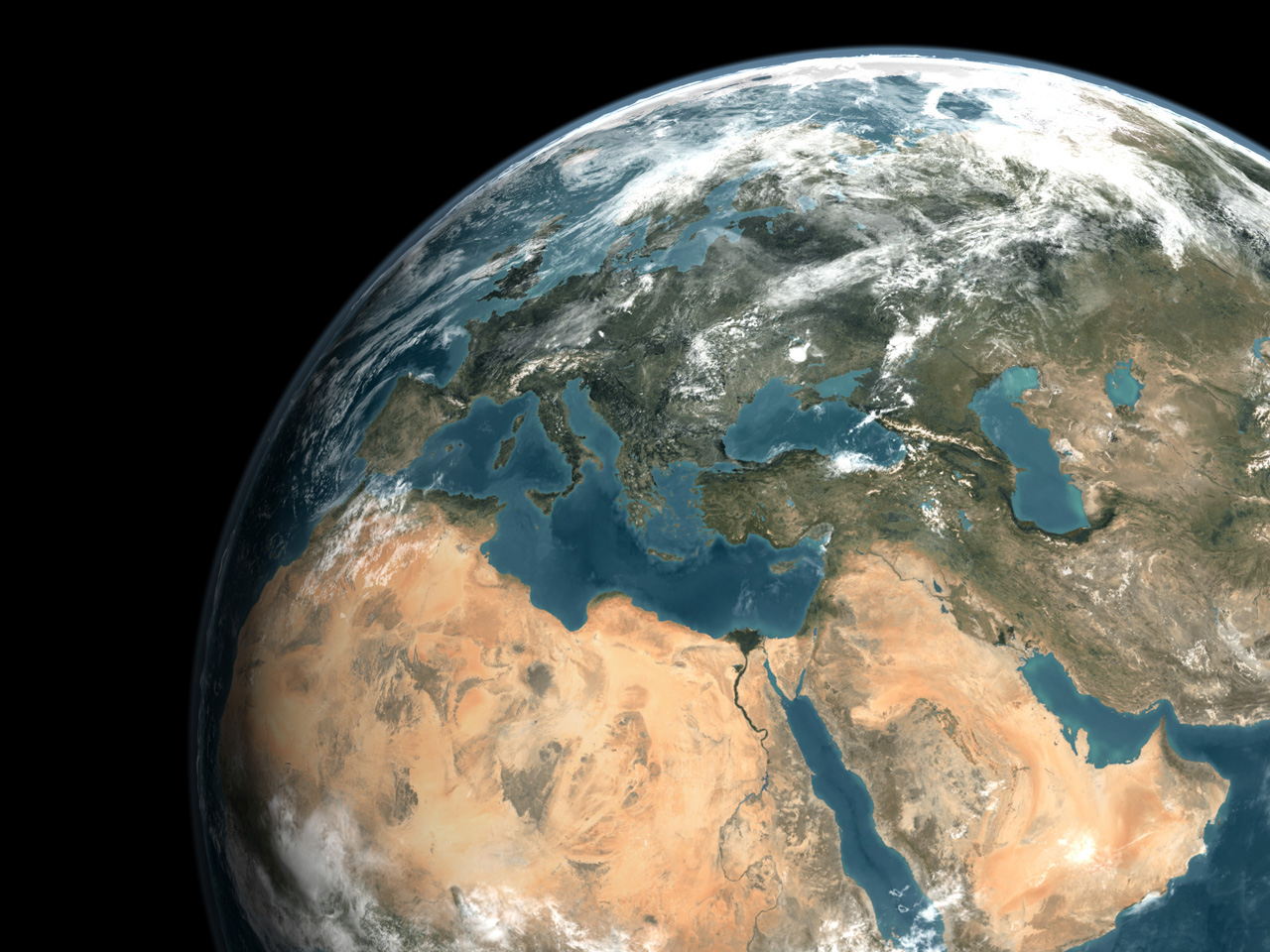

No comments:
Post a Comment